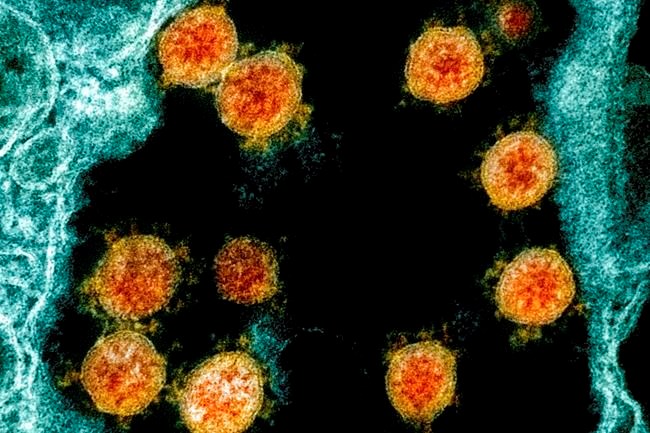Thousands of scientists around the world are working on problems raised by the COVID-19 pandemic. Here is a summary of some recent research from peer-reviewed academic journals and scientific agencies:
---
The Canadian Medical Association Journal has analyzed the strengths and limitations of digital contact tracing as a way to fight the spread of COVID-19. The journal concludes that cellphone apps tracing movement and contacts are only useful if they're adopted by a large percentage of the population. That means their effectiveness depends on their acceptance by the public. The journal says that governments such as Alberta considering digital contact tracing must ensure that any such apps protect privacy, use reasonable thresholds to measure exposure and are co-ordinated between different public health agencies. The authors caution such measures are no substitute for frequent and accurate testing.
---
Research published in the Canadian Medical Association Journal suggests that the fatality rate for older COVID-19 patients may not be as high as thought. Initial studies from China, Italy and the United States showed mortality ranging from 23 to 62 per cent in critically ill patients. A survey of 117 ICU COVID-19 patients in Vancouver, however, showed a fatality rate of 15 per cent — even though the median age was 69 and nearly three-quarters of the patients had underlying health conditions.
---
The science blog Retraction Watch is pointing out that a widely circulated paper that cast doubt on the ability of masks to prevent the spread of the novel coronavirus has been retracted. The paper was heavily quoted in news and social media after its publication, but the journal Annals of Internal Medicine has now removed it. The journal cited problems with sample size — four participants — and the authors not considering the limits of the test they were using to detect the virus. Retraction Watch, which has been monitoring research on the pandemic since it began, counts more than a dozen COVID-19 papers that have been retracted, from both non-peer-reviewed preprint sites and prestigious journals such as The Lancet.
---
The Canadian Thoracic Society is issuing guidelines on asthma and COVID-19. Asthmatics are not at more risk of contracting the novel coronavirus, the guidelines say, pointing to large studies showing that the percentage of asthmatics among COVID-19 patients is in line with their share of the general population. The society says asthma may well be exacerbated by the illness, but there is no direct evidence of this. Nor is there any solid evidence that asthmatics have a higher risk of severe illness or death as a result of the virus. The society encourages sufferers to continue with their regular treatment.
---
The journal Biomedicines has published research showing that dietary supplements, including vitamin D and quercetin (a flavinoid found in plants), could play a role in treating COVID-19 sufferers. Quercetin was found to change the activity of many genes that encode proteins targeted by the virus, thus potentially interfering with functions of 85 per cent of viral proteins in human cells. Vitamin D is thought to have a similar impact. The authors suggest age-associated vitamin D deficiency may contribute to the high mortality of older adults from COVID-19. The authors suggest further research and clinical trials.
---
Older adults who survive hospitalization for COVID-19 and return to their homes confront substantial health challenges and an unpredictable future, says the Journal of Aging and Social Policy. The authors say understanding of the unique needs of COVID-19 survivors is still developing. But they urge adoption of a more holistic response to individuals moving back into the community. That includes increased screening, building trusting relationships, improving patient engagement, collaboration across care teams, symptom management, increasing family caregiver care/education, co-ordinating health and social services and improving care continuity.
---
This report by The Canadian Press was first published June 3, 2020
Bob Weber, The Canadian Press




